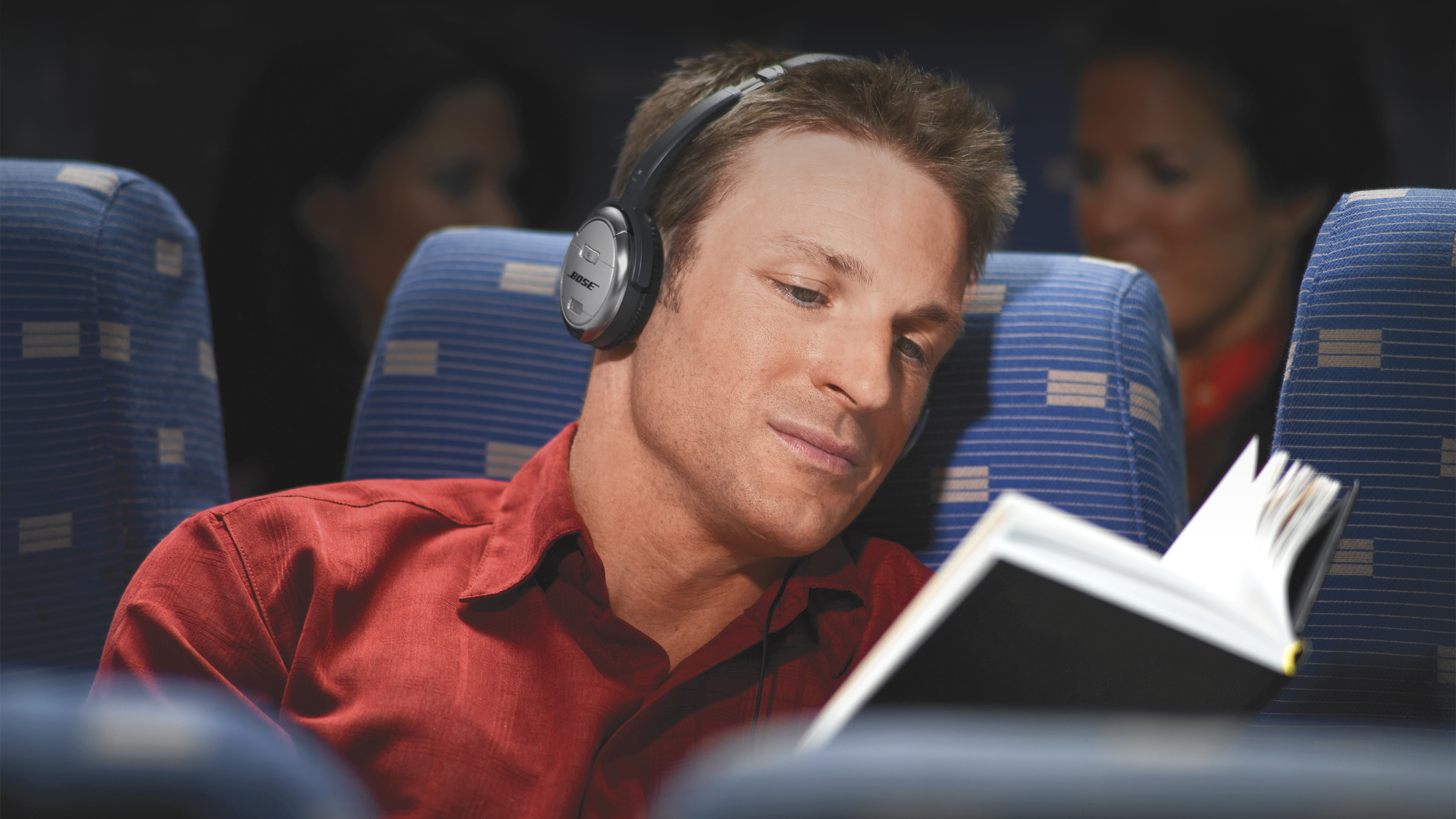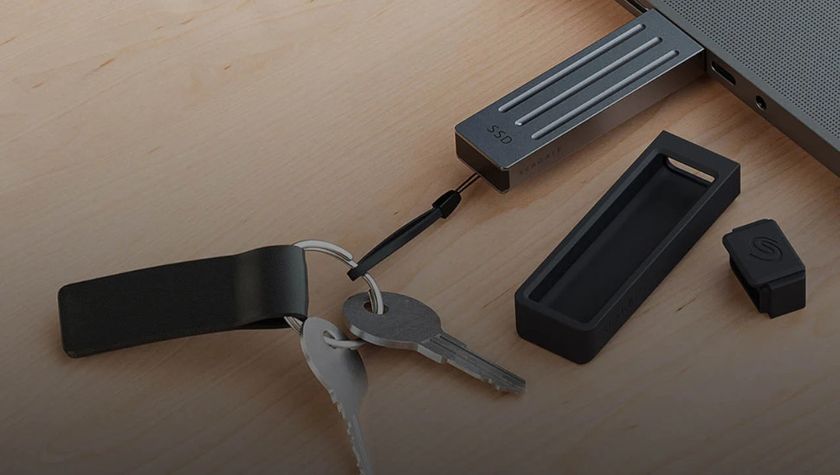How your noisy, open-plan office is making you 66% less productive
What we hear drastically affects our stress levels, our productivity and our mood - so why leave it to chance?

Everyone's talking about bandwidth, but what about our own? Most sound we hear is accidental and has a massive impact on our mood, our stress levels and our productivity, but few of us recognise it as a problem.
"Sound affects us psychologically, psychologically, cognitive and behaviourally, even though we're not aware of it," says Julian Treasure, Chairman of The Sound Agency and author of Sound Business, speaking at a recent lecture in Nice attended by TechRadar.
"We move through soundscapes all the time, and most of them are accidental - a by-product. Most retail soundscapes are accidental, incongruent with the brands, and mostly hostile."
Some examples include squeaky ("screaming") shopping carts, noisy chiller cabinets ("it's like standing in a factory") and the most prevalent of all: lousy music delivered through cheap speakers and public address announcements ("who would think that creates a pleasant environment?").
Treasure singles out hospitals, where noise levels - beeping machinery, computers, and general din - have doubled in the last 40 years. It affects patients ('threatening' noise means sleep is degraded, delaying recovery) and staff, whose rate of dispensing errors is on the rise, too. "We're designing environments that make us crazy," he says.
The open-plan office racket
One location where sound is not conducive to modern living is at work where open-plan offices and chattering colleagues contribute to an environment where concentration is virtually impossible. "Not even a woman cannot understand two people talking at the same time," says Treasure.
"We have the capacity for about 1.6 human conversations, so if you're listening to one conservation particularly you're only left with 0.6 for your inner voice that helps you write," he says, claiming that office workers are 66% less productive in an open-plan office than when left on their own.
Are you a pro? Subscribe to our newsletter
Sign up to the TechRadar Pro newsletter to get all the top news, opinion, features and guidance your business needs to succeed!
It's no wonder that Treasure has particular concern for architects' ears - he thinks they should use them. "Let's stop this madness of open-plan classrooms right now," he says of some recent experiments in education before describing how the reverberation time of a room - and clarity of speech, which is as low as 50% on 'normal' classrooms - can be massively increased through the use of sound-absorbing treatments.
There are health reasons, too. A study in Germany found that 65 decibels is the average noise level of a classroom, and that at precisely that threshold a teacher's heart-rate increases to hit heart-attack levels.
"Many teachers are losing significant life expectancy by teaching in environments like this every day." And yet it costs just £2.5k to sound-proof a classroom.
Music: problem or solution?
Both a major problem - and a solution - to distracting or uncomfortable sound is music itself. Take music in shops: how often have you entered a shop, a cafe or a pub that blasts out a commercial radio station or TV channel seemingly as loud as possible, subjecting everyone inside to meaningless adverts and over-familiar songs?
These people ought to be trying to create a comforting, calming atmosphere that makes customers feel relaxed and encouraged to make carefully considered buying decisions. Instead, loud, harsh music through tiny, tinny speakers makes many of us unconsciously about-turn and take flight without even considering why.
That's not to say carefully thought-through music can't also be part of the cure. One of The Sound Agency's projects is Harrods' Toy Kingdom, which opened last summer and has sounds of a circus and an enchanted forest with little fairy voices from flowerpots situated at ear-height for children. "It's a designed sensory environment," says Treasure. "It's not just about sticking some music on."
With the constant hum of modern life is taking its toll, Treasure thinks we're losing the ability to listen. Partly because the ability to easily record audio and video using smartphones and tablets has made the premium on accurate and careful listening disappear, but also because the world is now so noisy, both visually and auditory, listening has become a chore.
Jamie is a freelance tech, travel and space journalist based in the UK. He’s been writing regularly for Techradar since it was launched in 2008 and also writes regularly for Forbes, The Telegraph, the South China Morning Post, Sky & Telescope and the Sky At Night magazine as well as other Future titles T3, Digital Camera World, All About Space and Space.com. He also edits two of his own websites, TravGear.com and WhenIsTheNextEclipse.com that reflect his obsession with travel gear and solar eclipse travel. He is the author of A Stargazing Program For Beginners (Springer, 2015),
Most Popular






